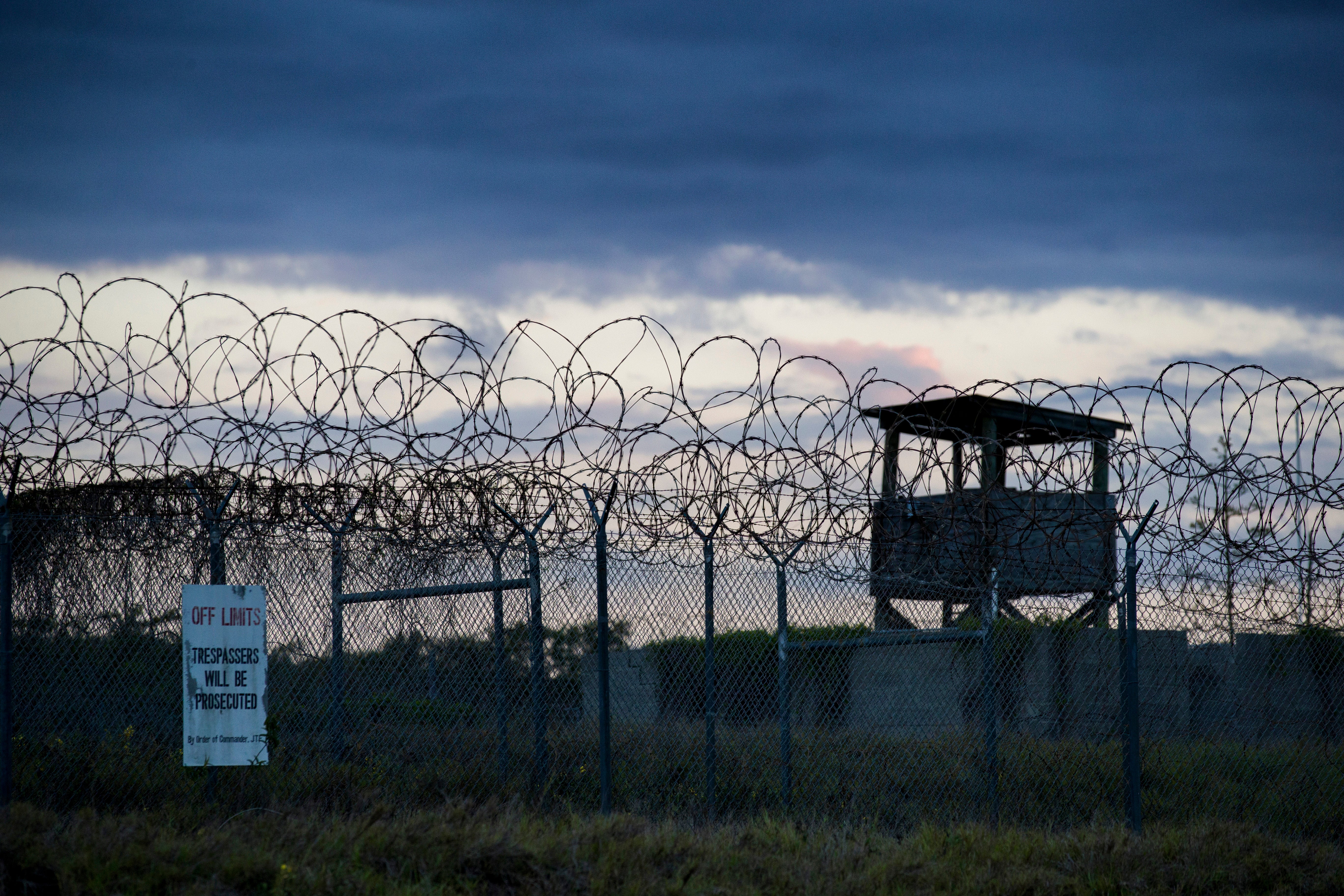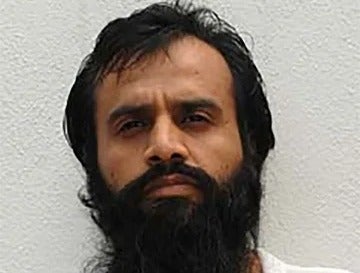‘20th Hijacker’ of 9/11 transferred from Guantanamo to psychiatric facility in Saudi Arabia
Immigration officials prevented Mohammad Mani Ahmad al-Qahtani entering US before 9/11 terror attacks

Your support helps us to tell the story
From reproductive rights to climate change to Big Tech, The Independent is on the ground when the story is developing. Whether it's investigating the financials of Elon Musk's pro-Trump PAC or producing our latest documentary, 'The A Word', which shines a light on the American women fighting for reproductive rights, we know how important it is to parse out the facts from the messaging.
At such a critical moment in US history, we need reporters on the ground. Your donation allows us to keep sending journalists to speak to both sides of the story.
The Independent is trusted by Americans across the entire political spectrum. And unlike many other quality news outlets, we choose not to lock Americans out of our reporting and analysis with paywalls. We believe quality journalism should be available to everyone, paid for by those who can afford it.
Your support makes all the difference.A Guantanamo Bay detainee held for 20 years for allegedly trying to take part in the 9/11 hijacking plot has been sent home to Saudi Arabia.
The Pentagon says that Mohammad Mani Ahmad al-Qahtani, 46, will receive treatment at a psychiatric facility when he arrives back in the country.
He had been held at the US base in Cuba since 2002, with US officials determining last year that keeping him detained was “no longer necessary to protect against a continuing significant threat to the national security of the United States.”
His lawyers say that he has shown symptoms of schizophrenia since a young age, and in 2002 an FBI official reported seeing him talking to non-existent people in his cell.
US Defence Secretary Lloyd Austin informed Congress in February that al-Qahtani would be sent home.
“After two decades without trial in US custody, Mohammed will now receive the psychiatric care he has long needed in Saudi Arabia, with the support of his family,” said Ramzi Kassem, a law professor at the City University of New York who represented al-Qahtani.
“Keeping him at Guantanamo, where he was tortured, and then repeatedly attempted suicide, would have been a likely death sentence.”

Before the 9/11 attacks, immigration officials in Florida refused to allow al-Qahtani into the US, preventing his participation in the terror plot.
He was later captured in Afghanistan and sent to Guantanamo.
“The United States appreciates the willingness of Saudi Arabia and other partners to support ongoing US efforts toward a deliberate and thorough process focused on responsibly reducing the detainee population and ultimately closing of the Guantanamo Bay facility,” the Pentagon said in a statement.
Since 2002, around 800 detainees have been held at Guantanamo, with 38 still remaining.
Of those, 10 face trial by military commission and five have alleged links to the 9/11 attacks, while nine detainees are waiting to be repatriated or resettled out of the US.
Join our commenting forum
Join thought-provoking conversations, follow other Independent readers and see their replies
Comments